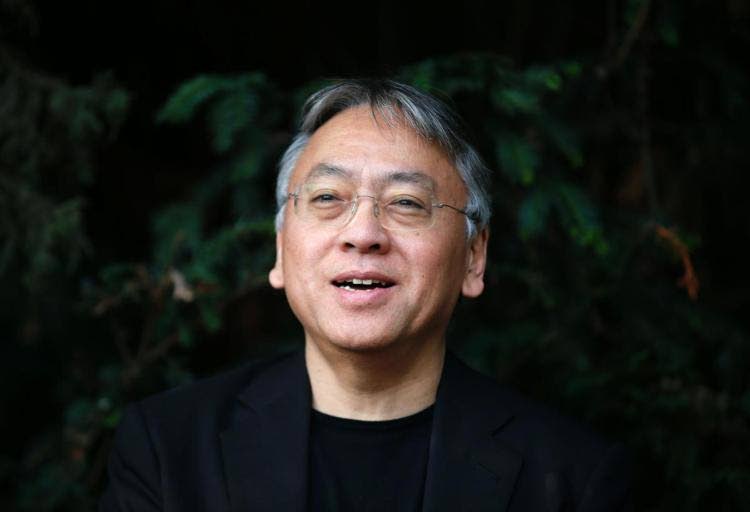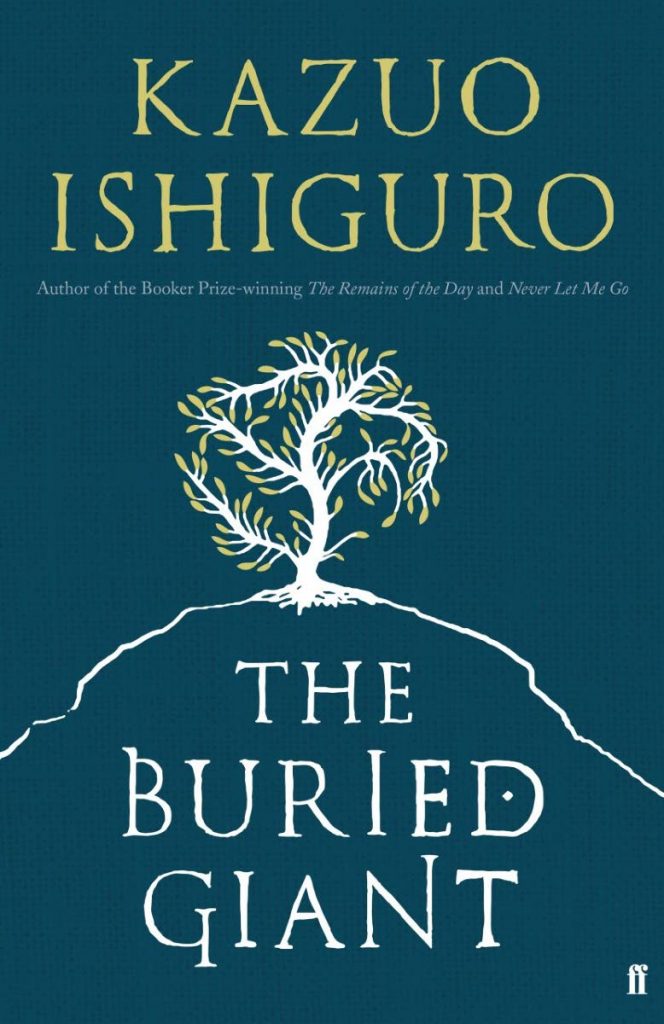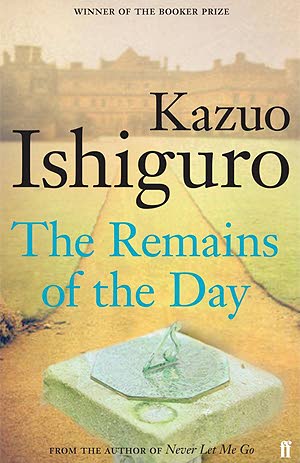Ishiguro's novels of great depth

DEBBIE JACOB
There's no one I can think of who is more deserving of the Nobel Prize for Literature than Japanese-born, British writer Kazuo Ishiguro. His ability to capture the essence of simple people with complex issues makes him one of those rare writers who is able to create novels with great depth – if the reader is willing and able to penetrate many literary levels. Those who complain Ishiguro’s work is slow or that they can’t get into his novels, usually have been unwilling to persevere long enough to reach that point that resonates with them.
If you stick with an Ishiguro novel you are not disappointed because there is a surprise, a revelation – even possibly an epiphany – in the end that will put the entire novel into perspective. In that respect, Ishiguro reminds me mostly of Indian-born, Canadian writer Rohinton Mistry, who has the uncanny ability to gently lead readers to the resolution of a story that turns out to be totally different from what you initially felt the story was about.
This is the case in Ishiguro’s The Buried Giant, one of my all-time favourite books. It is a far cry from The Remains of a Day, a novel that has haunted me for decades. Both novels are about memory, how we construct memory and how we value memory; how we trust or mistrust memory.

The Buried Giant takes place in post-Arthurian Britain, and it reads like a fairy tale. There are no longer any wars between the Saxons and the Britons, but there is a looming sense of doom in the troubled land, which has been covered with a strange mist that causes everyone to have amnesia.
Out of this strange atmosphere, Axl and Beatrice emerge. When the elderly British couple decide to visit a son they have not seen for years, the adventures begin. Along the journey they meet many memorable characters including a Saxon knight, who is quite out of place now. There are so many surprises in this book, and the ending left me breathless.
In The Remains of the Day, the stuffy, conservative, elderly butler, Stevens, reflects on a life of over 30 years as Lord Darlington’s butler. This is the story of a vanishing lifestyle. Readers will recognise a similar story in Downton Abbey. Stevens has sacrificed everything for a sense of duty. The question in the end is how important is it to care for something more important than our own happiness?

When the Swedish Academy spokeswoman made the official announcement of Ishiguro’s Nobel prize, she heralded the humble Ishiguro as “the English writer… whose novels of great emotional force have uncovered the abyss beneath our illusory sense of connection with the world.” I quite agree.
Ishiguro’s roots in Nagasaki, where he was born in 1954, have undoubtedly shaped his work. His mother survived the atomic bomb; his father, an oceanographer, moved the family to England when Ishiguro was five. His parents did not make a final decision to stay in England until he was 15 so it seems Ishiguro grew up straddling two cultures. His body of work reflects this.
The Swedish academy connected Ishiguro with Jane Austen, Franz Kafka and Marcel Proust, which should give readers, who have by some far-out chance have not yet read Ishiguro, an idea of what a diverse writer he is.
Every story you read about Ishiguro will compare his writing style to a different group of writers – none of whom seem to have anything in common except that they all represent a different part of the world. Somehow, Ishiguro’s writing manages to defy borders.

Comments
"Ishiguro’s novels of great depth"